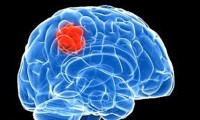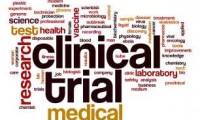-
Doctolib raises another $42 million for its medical care scheduling service
- Source: Technologythrill
- 753
- November 29, 2017
-
Biogen and Alkermes Announce License and Collaboration Agreement to Develop and Commercialize ALKS 8700 for the Treatment of Multiple Sclerosis
- Source: businesswire
- 745
- November 29, 2017
-
Do You Really Need To Stop Drinking On Antibiotics?
- Source: womenshealthmag
- 774
- November 29, 2017
-
Radiotherapy-resistant tumors could be defeated with experimental drugs
- Source: medicalnewstoday
- 750
- November 28, 2017
-
Zika Virus Kills Brain Cancer Stem Cells MEDICINE & HEALTH
- Source: scienmag
- 823
- November 28, 2017
-
Bay Area’s Medeor Therapeutics Bags $57M
- Source: Biospace
- 840
- November 28, 2017
-
Prometic Reports Positive Interim Clinical Data From Ongoing Intravenous Immunoglobulin Pivotal Phase III Trial
- Source: Prometic
- 803
- November 28, 2017
-
Unforeseen new drug target discovered for acute myeloid leukemia
- Source: medicalxpress
- 816
- November 28, 2017
your submission has already been received.
OK
Subscribe
Please enter a valid Email address!
Submit
The most relevant industry news & insight will be sent to you every two weeks.













